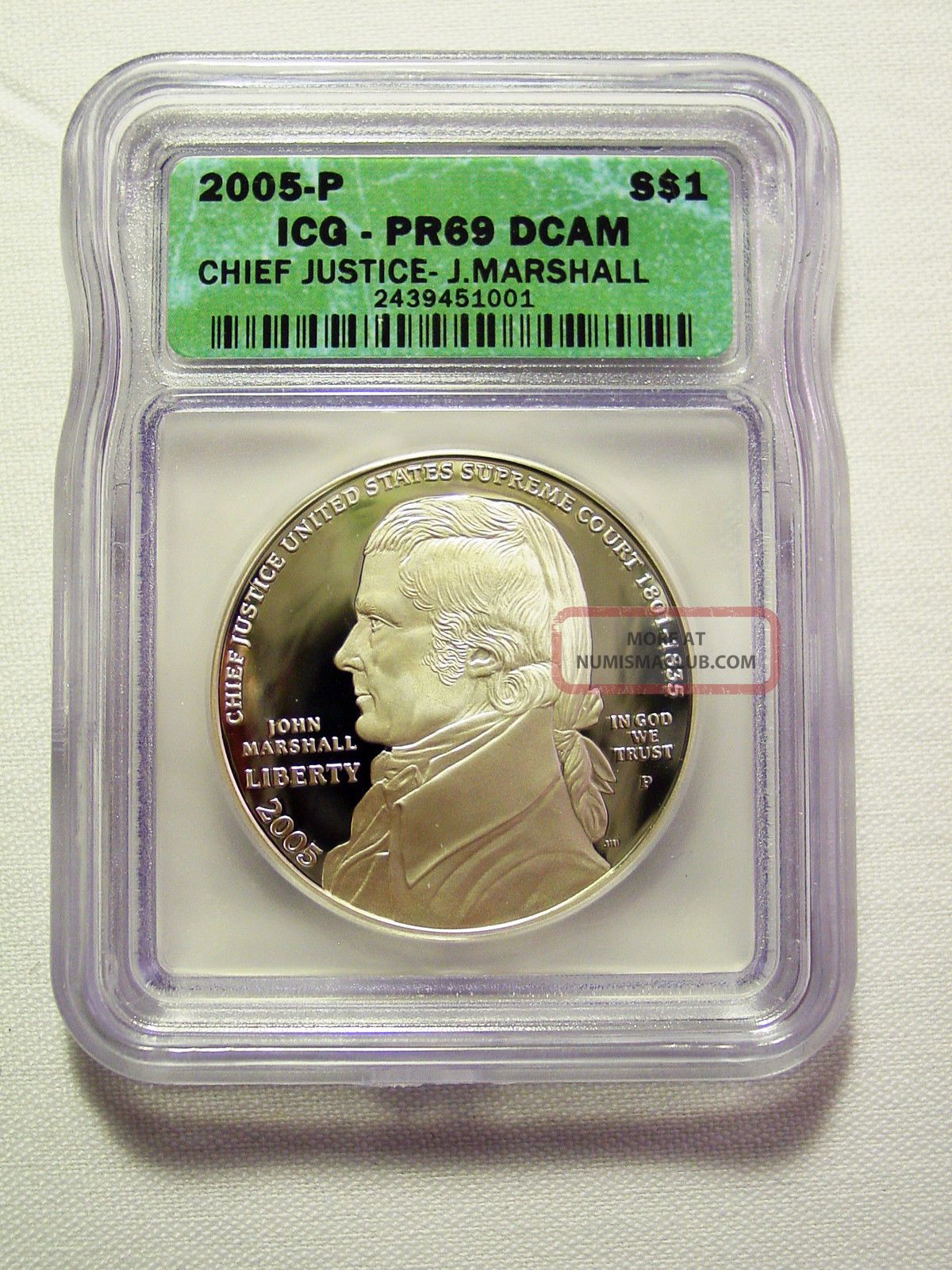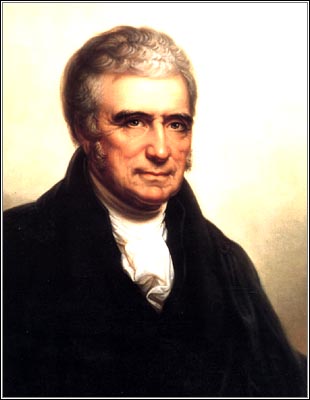
They had fought two battles in two months and lacked shoes, uniforms, and weapons. Washington knew his troops were in no shape to launch another attack. Decades later, in a biography of George Washington-the only book he ever wrote-he recalled his commander’s predicament at White Marsh.

He had recently turned twenty-two and was already a two-year veteran who had fought in four engagements. He was tall, strong, and slovenly, with black hair and bright black eyes. John Marshall was in Washington’s army that winter, a lieutenant in a Virginia regiment. Congress, dismayed by the loss of the capital, demanded that he strike the enemy and recover it. Washington was threatened by more than the enemy. His troops were dug in behind a line of redoubts at White Marsh, northwest of the city in early December, Howe and his men marched out of Philadelphia toward them. In October, he counterattacked at Germantown, a hamlet north of Philadelphia, but once again he was defeated.īefore the year ended, Washington faced a third fight. Washington lost the battle of Brandywine, and the British took the city. In September 1777, the Continental Army, led by commander in chief George Washington, met a British army led by Lord Howe at Brandywine Creek in Pennsylvania, thirty miles southwest of Philadelphia, the new nation’s capital.

That was where he met George Washington, the man he called simply “the greatest Man on earth,” whose example would inspire and guide him for the rest of his life. Now, when the Supreme Court makes the news every day it sits, and every time a new justice must be appointed, there is no question of its prominence-a prominence it owes, in the first instance, to Marshall, the man who made it.īut the most formative experiences of Marshall’s life came not in court but in battle.


When Marshall died in 1835, he and the Court he led had rebuked two presidents, Congress, and a dozen states and laid down principles of law and politics that still apply. In 1801 when Marshall became chief justice, the job lacked “dignity,” as one contemporary put it, while the judiciary was, in the words of another, the “weakest” branch of the federal government. As chief justice of the Supreme Court for thirty-four years-a record that still stands-he impressed, charmed, and defied colleagues, skeptics, and enemies, transforming an institution to which the Founding Fathers had given relatively little thought into a pillar of the nation. J OHN M ARSHALL IS THE GREATEST JUDGE IN A MERICAN history. INTRODUCTION John Marshall and George Washington


 0 kommentar(er)
0 kommentar(er)
